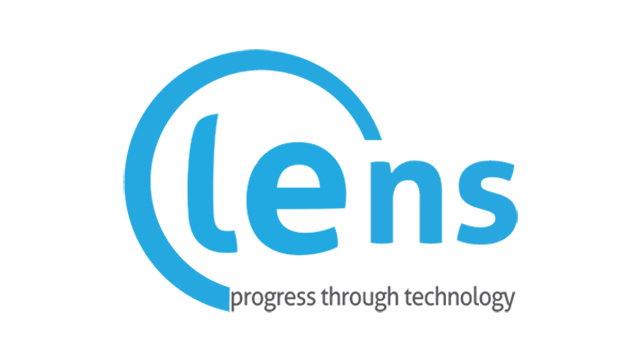On 03 May 2017, Lens has organized a stakeholder meeting in order to discuss about the draft law on social enterprises (05-L-148- Republic of Kosovo). The draft law on social enterprises was proposed from the Ministry of Labour and Social Welfare. During the first reading in the parliament the draft law on social enterprises has been successfully voted and at the moment the draft law is being discussed in the Committee for Health, Labour and Social Welfare. In Kosovo there are some enterprises that are operating at the moment within social enterprises framework. Thus the draft law on social enterprises has gathered a lot of attention in regard of the legislative solution for these types of enterprises.
The meeting was attended by representatives from Committee for Health, Labour and Social Welfare, representative from the Ministry of Labour and Social Welfare, non-governmental organizations’ representatives, and representatives from social enterprises in Kosovo. The main purpose of this meeting was to gather all stakeholders who are influenced from social enterprises into a discussion that would lead to a better solution for social enterprises.
Some of the issues and concerns raised during the meeting are the following:
- Limitations on the operational activities of social enterprises; (even though the government has created these limits in order to be protected from the other enterprises misuses, still these kind of limitations defeat the purpose of social enterprises).
- The law on social enterprises should be based on the social enterprises that are operating at the moment in Kosovo.
- It seems like the draft law favors non-governmental organizations rather than Social Enterprises as entities. Social enterprises should be seen more as a business approaches toward social problems.
- The condition that social enterprises must include marginalized groups into enterprises; (social enterprises can operate even without employing marginalized groups, however the main purpose of the social enterprises still remains on solving a social problem)
- The confusion on what is considered to be marginalized groups;
- The possibility of implications between the law on disabled pensions and law on social enterprises;
- The impossibility for non-governmental organizations or associations to have the ownership of the social enterprises.
- The concern that the social enterprise cannot transfer money to the mother organization in order to fulfill its mission.
- The bureaucratic procedures for obtaining the status of social enterprises.
- The impossibility for existing business to convert into social enterprises and also the unclear explanation about the process of converting of non-governmental organizations into social enterprises.
- Inclusion of 30% from marginalized groups; (many social enterprises start their operation with smaller groups of people, it is hard for them to achieve the 30% limit in the beginning)
- And also unnecessary procedures to control the scope of work of social enterprises in order to maintain the status of an social enterprise, this control can be carried out by Tax Administration of Kosovo, as usual, without creating another administration;
This report will be delivered to all the representatives who were present in the meeting. The report is being sent in order to inform all stakeholders about the meeting discussions. Furthermore Lens has achieved to make an agreement with the decision makers to cooperate with relevant organizations in regard of draft law on social enterprises. LENS will attend the next meeting of parliamentary commission and submit all the suggestions for improvement of the law on behalf of these relevant organizations.
